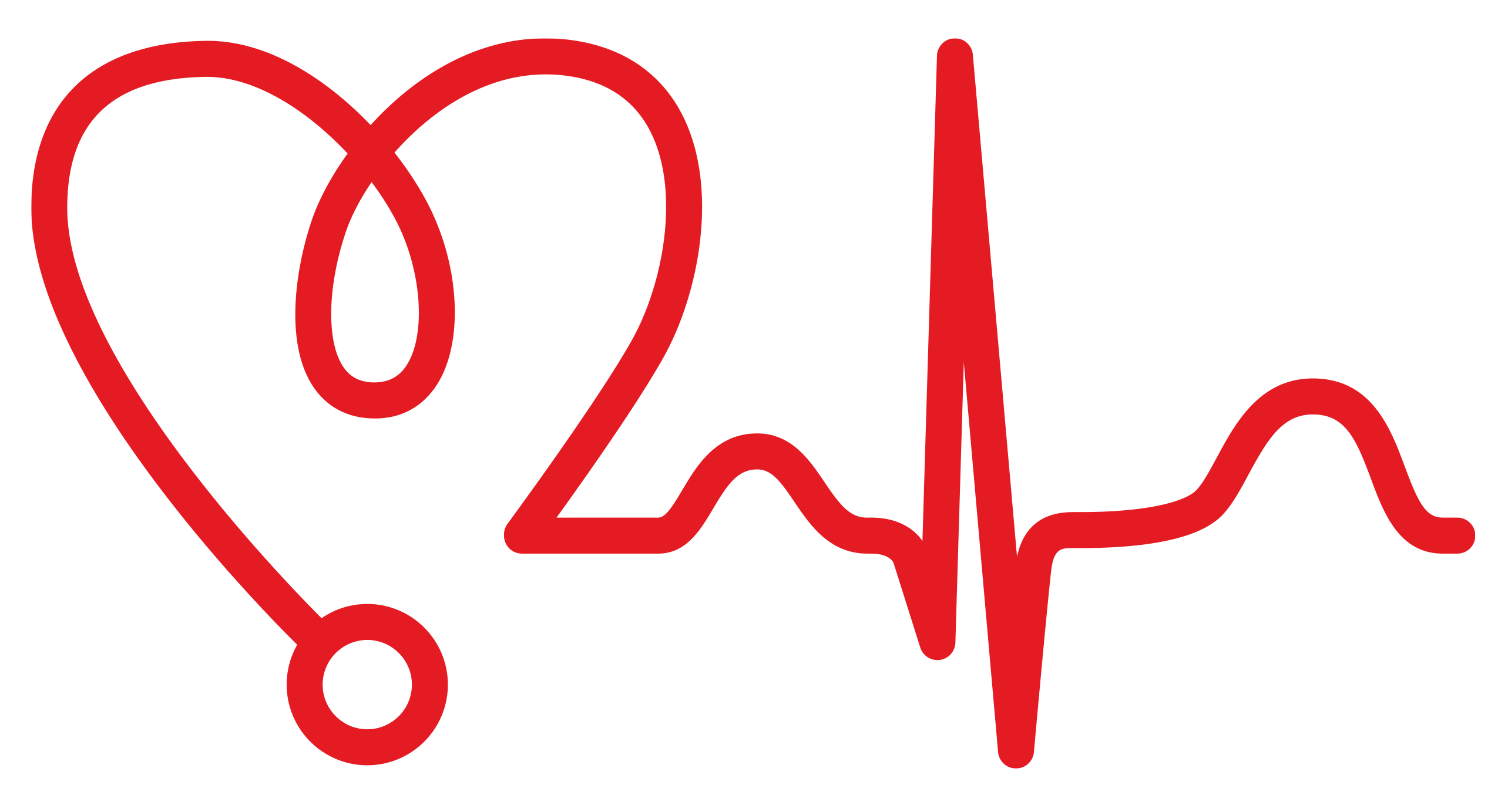


Life after a Heart Attack
Most people survive their first heart attack and return to their normal lives to enjoy many more years of productive activity. But having a heart attack does mean you need to make some changes in your life.
Your doctor will advise you of the best steps to take after an illness. The American Heart Association has information on medications and lifestyle changes according to how badly your heart was damaged and your degree of heart disease.
It's up to you to follow your doctor's recommendations to make a full recovery.
Frequently Asked Questions
What treatments will I need?
Treatments for heart attack patients include medications, lifestyle changes and, in some cases, surgical procedures. Your doctor may also run some diagnostic tests to determine how much your heart was damaged and what degree of coronary artery disease you have.
How long will I need to rest after my heart attack?
Rest is important after a heart attack, but it's just as important for you to participate in recreation and social events and to begin making physical activity a part of your daily life. In many cases doctors will recommend that survivors get more physical activity than they got before their heart attack. A good night's rest is especially important for heart attack patients. And if you feel tired during the day, take a nap or a short rest. Heart patients should rest before they get too tired. Your doctor will tell you what's best for your specific situation, but most heart attack patients find they have plenty of energy for both work and leisure activities.
When can I go back to work?
Most heart attack patients go back to work within two weeks to three months depending on the severity of the heart attack. Your doctor will determine when you can go back and if your current job is suitable for a person who has had a heart attack.
Is it normal to feel so depressed?
Heart attack patients will feel a wide range of emotions, typically for about two to six months after the event. Depression is quite normal, along with fear and anger. For example, every time you feel a little pain, you may feel afraid it's going to happen again — afraid you're going to die. That's normal and will begin to pass as time goes by. You may be angry that this happened, and you're probably feeling irritated and have a "short fuse" with others. Resentment is common after a heart attack. Try to understand that your family and friends are just as worried as you are. Although depression is normal after a heart attack, if it interferes with sleeping, eating, self-esteem, or if you have thoughts of suicide, you should talk to your doctor and those close to you about your feelings. Don't be afraid to ask for help. Recovery is much faster with a trusted support team of healthcare professionals, family and friends.
How will my family feel?
Your heart attack has probably had a big emotional impact on your family. They may feel frightened, angry, resentful or even guilty. Teenagers are especially sensitive and may think that something they did caused you to have the heart attack. It's better for everyone to get his or her feelings out in the open. Don't let feelings smolder — that can be destructive. If you think counseling would help your family deal with your heart attack more quickly, ask your doctor to refer you to someone for help.
Is chest pain normal after a heart attack?
Once you've had a heart attack, you're at higher risk for another one. Not everyone who has CHD will have chest pain (angina pectoris or unstable angina), but if you do, it should be a light pain or pressure in your chest that quickly goes away. It will typically happen during or right after physical exertion, intense emotion or eating a heavy meal. If you're having ANY chest pains, tell your doctor. There are exercises and medication that can help ease or prevent the pain. If you don't know if your chest pain is angina or a heart attack, call 911.
Why is cardiac rehabilitation important?
One of the best things you can do for yourself is to get into a cardiac rehabilitation program where everything you need to get and stay healthy is in one convenient location. Rehabilitation programs are medically supervised to help you improve your health and well-being and change your lifestyle habits through exercise training, education and counseling to reduce stress. These programs often take place at a hospital with a rehabilitation team or with the help of your doctor, nurse, dietitian or other healthcare professionals. Ask your doctor whether cardiac rehab can help you improve your health.
Why are lifestyle changes important?
Making changes in your lifestyle is one of the most important things you can do to prevent another heart attack, heart disease and stroke. The ABCs of prevention are:
- Avoid Tobacco — As a nonsmoker, you can go so many places and enjoy so many experiences that were off limits to you as a smoker.
- Become More Active — Regular physical activity will ease stress and depression, help control weight and help lower blood pressure and cholesterol levels.
- Choose Good Nutrition — Good nutrition will help control your weight, lower blood pressure and cholesterol levels.
Even if you're taking prescription medication, it's still extremely important to lead a heart-healthy lifestyle.
What about sex after a heart attack?
Most people can continue their same pattern of sexual activity within a few weeks after they recover from a heart attack. Talk to your doctor to decide what's safe for you.